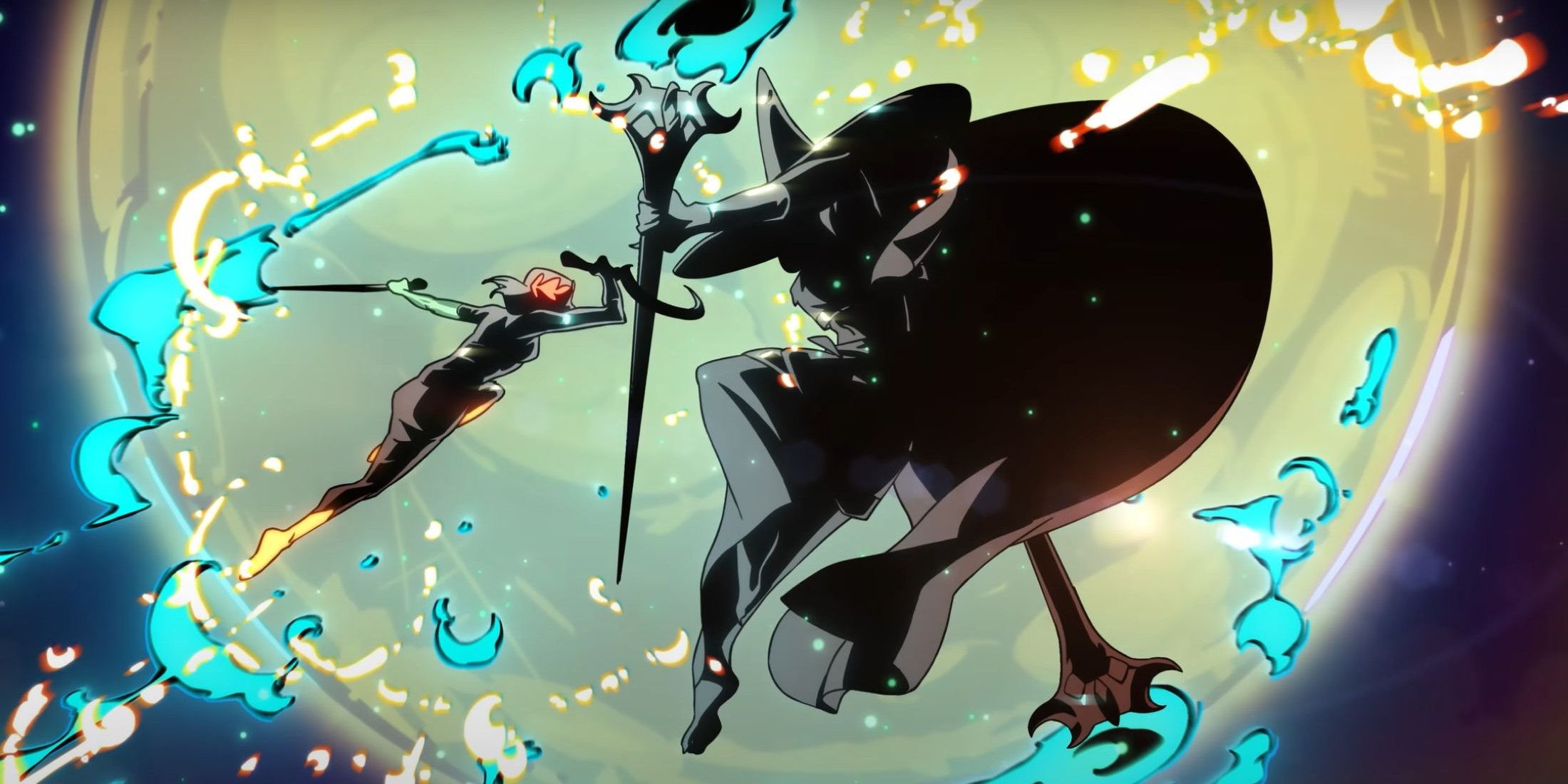
It’s hard to overstate the impact that Hades has had on the broader indie gaming scene, and its successor, Hades 2, is no different. Indeed, Hades 2 arguably sets the gold standard for hard-hitting, satisfying roguelike ARPGs, blending unique short-term builds with powerful meta-progression elements to provide an experience that’s hard to walk away from.
Hades 2 also drips with atmosphere and charm, and Hell Clock, an upcoming game from Brazil-based developer Rogue Snail, is much the same way. Set almost a decade after the Canudos War, a real historical event in the early 20th-century, Hell Clock takes players deep into the murky depths of the underworld, as the protagonist seeks to save the soul of his deceased mentor. The game assumes an isometric perspective, and much like Hades, it blends action-RPG and dungeon-crawling gameplay with roguelike staples to make a compelling interactive concoction. But it’s more than just “Hades in Brazil,” and it could be well worth checking out for anyone counting down the minutes until Hades 2‘s official launch.

Related
Why Now is the Best Time to Play Hades 2
Hades 2’s newest Warsong Update adds more content that brings fans closer to the endgame, so this is the perfect time to start now.
In Hades and Hades 2, players are tasked with heading through a series of mystical regions, broken up into smaller sections that are filled with enemies. Hell Clock adopts a similarly traditional roguelike structure, setting players loose in a series of distinct biomes that are organized into smaller rooms, or “floors,” as the game calls them. Much like in Hades, the player is swiftly inundated by vicious enemy forces in each of these areas, prompting aggressive, quick maneuvers.
How gameplay evolves over the course of so many runs is also quite similar in Hell Clock: players will earn resources that can only be used during a run, such as gold, but others, like Soul Stones, can be used to permanently grow stronger. Of course, this mirrors Hades‘ strong meta-progression, which is so distinct from roguelikes like Elden Ring Nightreign, which offers next to no meaningful upgrades between runs. This sense of continued growth is what makes Hades so special, and hopefully, it will come to define Hell Clock‘s legacy as well.
And of course, one can’t discuss Hell Clock without mentioning its sobering real-world context. It is a dark fantasy action game, yes, but it’s also based on the Canudos Massacre, a real-world, devastating war between the burgeoning 20th-century Brazilian republic and a citizen resistance. This is obviously much more somber and troubling than Hades‘ Greek mythology and history, but the cultural exploration is there nonetheless. For those players who love the insight into Greek culture that the Hades games afford, Hell Clock could be a particularly special experience.
There is currently a free Hell Clock demo on Steam.
Hell Clock may share an art style, camera angle, and miscellaneous gameplay pillars with Hades and its sequel, but it’s far from a Hades clone. The actual moment-to-moment gameplay of Hell Clock is much more akin to ARPGs like Diablo and Path of Exile, and the game’s meta progression is similar to typical ARPG progression as well.
It features a skill tree and myriad permanent upgrades, which makes what players do between runs arguably more important than what they do within them. These elements sustain a strong build-crafting sandbox, wherein players have a greater degree of freedom, which could actually make Hell Clock superior to games like Hades 2 in the eyes of some players.